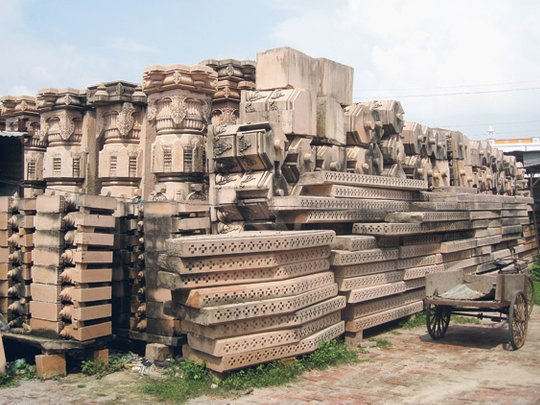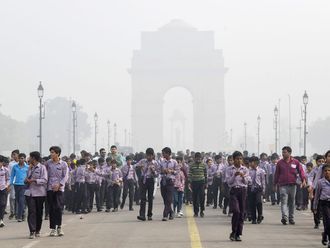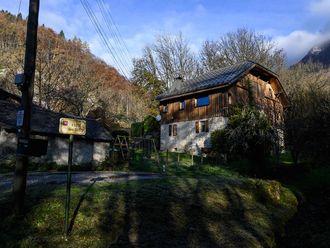
New Delhi: A court will rule on Friday whether Hindus or Muslims own land around a demolished mosque in northern India, a judgment haunted by memories of a 1992 riot, some of the country's worst violence since the partition.
The case over the 16th century Babri mosque in Uttar Pradesh state is one of the biggest security challenges in India this year, along with a Maoist insurgency and a Kashmiri separatist rebellion, Prime Minister Manmohan Singh has said.
The verdict could prove a major political quandary for the government led by the Congress Party, a left-of-centre party with secular roots. A verdict in favour of the Hindus would force the government to uphold the verdict, making it unpopular with Muslims, a key vote bloc.
A ruling for the Muslims would mean the government would have to push Hindu groups out of the site, a political minefield.
Long wait
Any outlook is almost certain to be challenged in the Supreme Court and a final decision could take years to come.
The government has other problems, including the separatist revolt in Kashmir that has claimed more than 100 lives.
"The worst case scenario for Congress would be some judgment that makes them restore the mosque," said Praveen Swami, security expert at the The Hindu newspaper. "They don't want to take sides in this."
About 80 per cent of India's 1.1 billion plus population are Hindus, but Muslims represent 13 per cent — some 140 million — that puts it behind Indonesia and Pakistan in the ranks of Muslim populations.
Hindu mobs demolished the mosque in the town of Ayodhya, claiming it was built on the birthplace of their deity-king Rama.
The demolition triggered religious riots that killed some 2,000.
The Congress-led government had put out half-page appeals in newspapers nationwide, calling for calm ahead of the verdict, mindful that this emerging Asia giant is due to showcase its modernity with the holding of the Commonwealth Games in October.
Authorities in Uttar Pradesh have forbidden public gatherings and will deploy thousands of police and set up extra jails.
On the one hand, the main Hindu nationalist opposition, the Bharatiya Janata Party, has tried to distance itself from being perceived as an instigator of communal strife, mindful that it must appeal to India's growing middle class.
But the BJP knows it may be able to garner Hindus after two general election defeats in a row that have seen the Congress Party become the country's dominant political group.












